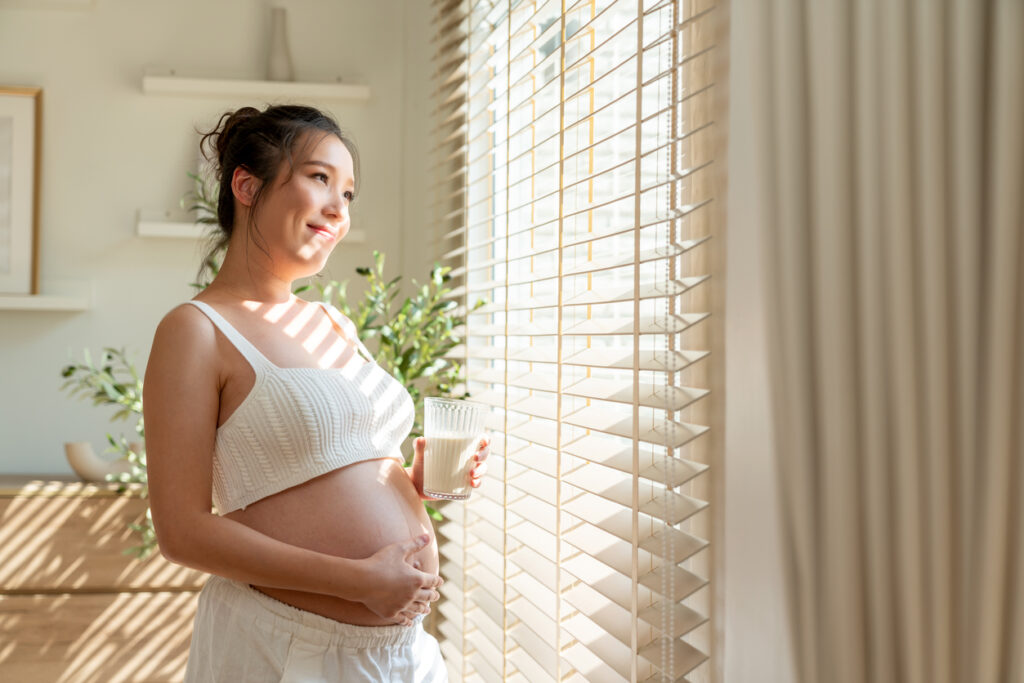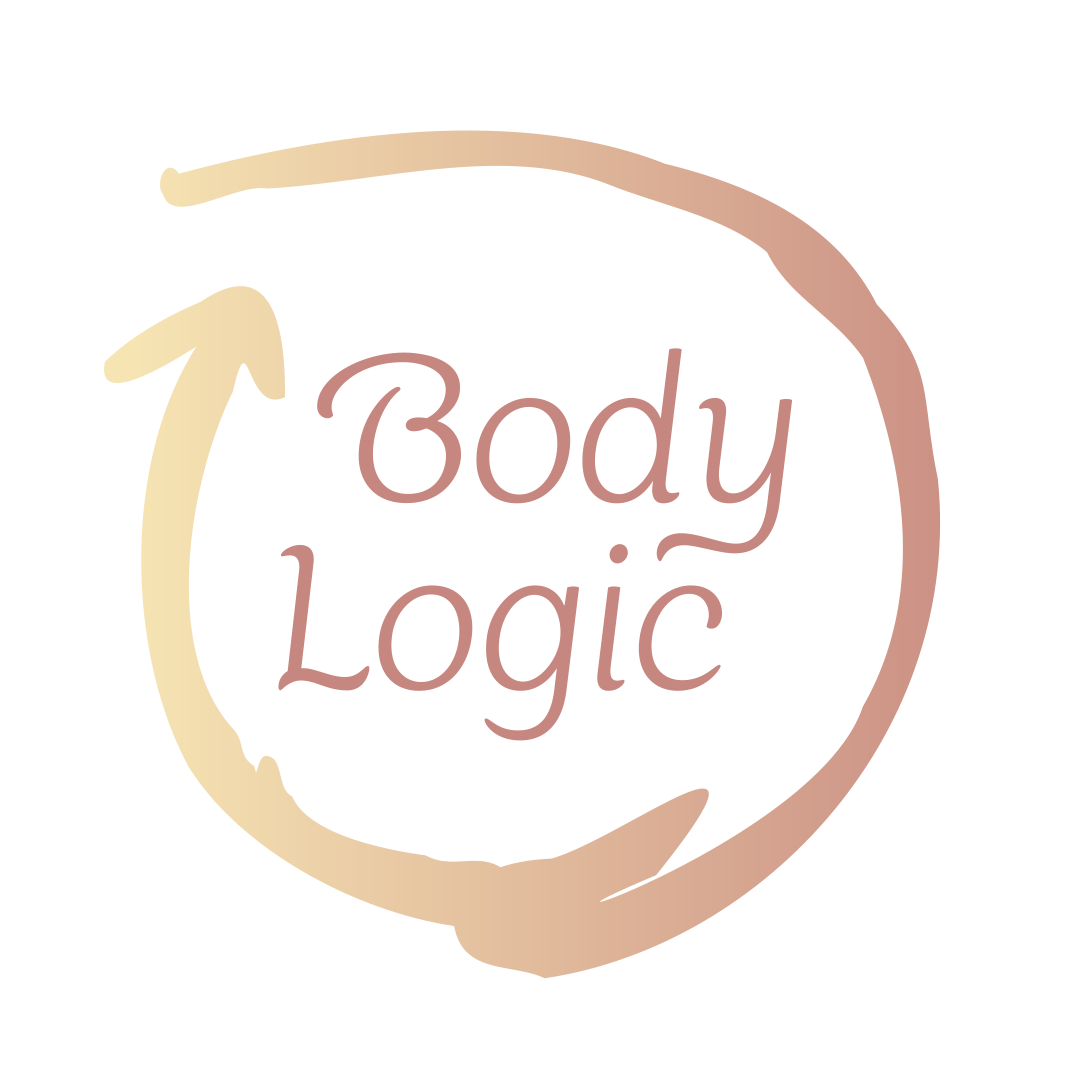The idea that nutrition has little impact on foetal health and growth is fortunately disappearing. Nutrition has our attention. Yet, as far as I am concerned, that attention could be greater. After all, we often assume that pregnant women do eat well. But is that really the case? Non-optimal foetal growth is still common. As are the pregnancy diseases pre-eclampsia and high blood pressure. Problems that are closely linked to growth. In this article, I discuss some of the important nutrients for foetal growth.

Pregnant with a too small baby
I was surprised when a pregnant friend was told several years ago that nutrition plays no role in the growth of her unborn child. She had been bluntly told that her child was not having a good time in her belly. He was not growing fast enough. She was doing just about everything right, taking vitamins, eating healthy, taking it easy. And still her child was not growing well. For the coming period, she would be monitored intensively to see if her child was still doing well in her womb. She was told there was nothing she could do. Even bed rest was no longer evidence-based. The doctors would decide what would be the best time for her child to be born. That was the only thing they could do, the only treatment. 'And nutrition?' my friend asked her doctor. 'That hardly plays a role' was the answer she received.
How can you say nutrition does not play a role when you don't even know what the woman in front of you is eating? Nutrition does play a role. A role we are learning more and more about.
“How can you say nutrition does not affect foetal growth when you don't even know what the woman before you is eating?“
A severe form of preeclampsia
After giving birth, my friend suddenly developed a severe form of preeclampsia. Her liver stopped working properly and her blood would not clot. She developed HELLP syndrome. She had to be admitted to intensive care to support her organs. After five days, things improved. Only after two years she was able to return to work. What she went through was not only traumatic, she also suffered damage to her heart and blood vessels and another pregnancy could be serious again. Her baby was born healthy but is more likely to have health problems later in life.
The lagging growth was the first signal that my friend's pregnancy was not optimal. Afterwards, it turned out that her diet during pregnancy was not optimal either. What would have happened if someone had taken the time to investigate whether she was getting enough of all the necessary nutrients? To take a moment to consider the possible influence of nutrition? I know from experience that you can think you are eating healthy, when in fact you are not. How many women these days avoid dairy? Or follow some kind of diet? Now, a pregnant woman is only extensively tested and monitored. Her diet and thus the possibility of doing something herself disappear into the background.
Influence of nutrition on fetal growth
Smoking and alcohol have made it clear that it does matter what you ingest as a pregnant woman. But for the rest, the expectant mother is still mostly concerned with what not to eat. It's not her fault, it's the whole culture. When I search for 'pregnancy' and 'food' on Google, on the first results page there is only one link without the word 'not' in the title. There are whole lists available about what not to eat. No raw cheese, no liver because too much vitamin A, no big fish and shrimp from the North Sea, no herbal tea.
What then? According to the Dutch Nutrition Centre, not much different from an average woman. As a pregnant woman, you need more food and nutrients. But the normal woman actually eats too much already seems to be the reasoning. So keep eating healthy, but don't diet. Don't go hungry either. And gain 10-15 kilos. Just be careful not to use pregnancy as an excuse to eat more!
In recent years, a shift is taking place. Nutrition does appear to play a role in foetal growth and also in the likelihood of developing pre-eclamspia. But research expectations are sky-high. Let's see.
What does research show?
I will start with the 2017 guideline 'foetal growth restriction' from the Dutch Society of Obstetrics and Gynaecology (NVOG)8. She argues that nutrition plays only a tiny role in Western countries. The basic belief seems to be that nutrition is relevant only in times of famine.
Eating too little is an obvious cause of poor growth. The guideline, like the Dutch Nutrition Centre, assumes that a pregnant woman in the Netherlands eats enough. Still, there will well be pregnant women who eat too little. Or eat too little nutritious food. Because of poverty, an eating disorder, years of dieting or the (un)conscious omission of an entire food group. Is that taken into account?
Overfeeding is pointless
Research shows that overfeeding - taking in more calories than you need - makes no sense. But that only concerns the amount of energy food provides you. What about certain nutrients? After all, you can eat enough calories but not enough protein, vitamins and minerals. You can look 'well-nourished' but actually be deficient in certain micronutrients.
Why calcium also belongs in the list of folic acid and vitamin D
The NVOG's recent guideline 'Hypertensive disorders* in pregnancy' pays more attention to nutrition. Indeed, if you delve further into the literature, especially the somewhat more recent literature, you discover that there are indeed substances that can help. At least preventively. For instance, the mineral calcium increases weight by an average of 56 grams1 and reduces the risk of pre-eclampsia. Reason for researcher Abigail Perry and colleagues2 to advise every pregnant woman to take 1 gram of calcium a day from 20 weeks. Recently, this advice has also appeared on thuisarts.nl. The guideline recommends extra calcium for women who do not get enough. So please check! For many women, dairy is the only source of sufficient calcium. But dairy isn't trendy anymore.
*Hypertensive disorders are hypertension and pre-eclampsia
Vitamin D and preeclampsia
Another nutrient that is important for growth and also reduces the risk of preeclampsia and other problems is vitamin D3,4. Since 2012, the Health Council has advised all pregnant women to take about 10 micrograms a day5. But that 10 micrograms is a guess, they don't know exactly. It could be double or 10 times as much. Even that dose is still safe in pregnancy6.
If there is a deficiency, then 10 micrograms a day is insufficient. It is precisely a vitamin D deficiency that increases the risk of all kinds of problems in pregnancy and in the newborn child. But usually midwives only determine your vitamin D if you fall into a risk group (you have a dark skin colour or you wear a veil). So without doubt, some women with vitamin D deficiency will be missed. Why don't we screen all pregnant women - at the first visit to the midwife, for example - for a vitamin D deficiency?
Screen all pregnant women for vitamin D deficiency?
Such a screening study was conducted in Iran7. A special country, of course, and not quite comparable to ours. Vitamin D was determined in women from two different cities during their first visit to the midwife. But only in one city was action taken. Women with a deficiency (<50nmol/L) were given a mega dose of vitamin D (1250 to 2500 micrograms in different schedules). Their vitamin D increased and pre-eclamspia, preterm birth and gestational diabetes decreased by 55% compared with the other city. They didn't look at possible side effects of such a high dose of vitamin D, nor did they look at cost-effectiveness. And surely those are important requirements before introducing a nation-wide screening program.
Give all pregnant women a high dose of vitamin D?
It may also be an idea to increase the standard recommendation of 10 micrograms of vitamin D. As an alternative to screen every pregnant woman. Pregnant women in Poland are routinely advised to take 50 micrograms a day. In Denmark, a study is currently under way looking at whether 90 micrograms of vitamin D is better than 10 micrograms. I am very curious. The results of this 'GRAVITD' study could change our policy. Results are expected this year (see clinicaltrials.gov and search for NCT04291313)
"Nutrition is not medicine, it's something you adjust individually"
Nutrition when your unborn baby is too small
Now what if in the 2the trimester reveals that the foetus is not growing well? Does it then make sense to check vitamin D and treat a deficiency? Does it make sense to check whether a pregnant woman is getting enough calcium? (Very simple question: are you getting in dairy? If not: not enough calcium). Not a word about this in the 2017 guideline on foetal growth restriction. The belief seems to be that once growth restriction has occurred, it is an irreversible process. That recovery or improvement is no longer possible. A rather restrictive belief as far as I am concerned. Smoking, by the way, is an exception: quitting smoking always makes sense. But improving your diet? Not so. I am a bit more optimistic.
Optimise nutrition: safe and potentially effective
Why wouldn't you advise a safe treatment that possibly improves the condition of the unborn child? For a serious problem for which there is no treatment. Of course, more research needs to be done. But are those studies being done? I think there is enough evidence to take a closer look at the diet of any pregnant woman with a small baby. At least take a look at the intake of calcium and vitamin D. And furthermore, vitamin A, selenium and zinc also seem to be important for foetal growth. Surely you'd better optimise nutrition just to be sure? After all, every woman needs to eat. Good nutrition is also going to help if these women want to breastfeed later on. After all, breastfeeding also requires adequate nutrients, including plenty of calcium.
What could the doctor have said to my friend? My suggestion: 'Madam, we know that certain nutrients are important for your child's growth, we just don't know whether it makes sense to check if you are getting all of them. Nor do we know whether the foetus will grow better if we make sure you get all these important nutrients now. More research is needed. What do you want us to do?' See, at least that's honest. Let the pregnant woman decide whether she wants to look at her nutrition - but don't say that nutrition doesn't play a role.
The downside of scientific research on nutrition in pregnancy
In large-scale studies, pregnant women are often all given the same supplement. But does this make sense? Growth is the result of a complex interaction between nutrition, the pregnant woman's health, genes and the environment. Not surprisingly, no nutritional intervention has been found that works in all pregnant women. One woman drinks one litre of milk a day and thus does not need extra calcium, while another takes too little vitamin A and thus needs it extra. The effect of any supplement will always be underestimated in research. Nutrition is not medicine in that respect, it is something you adjust individually. As soon as we start treating it like medicine ánd studying it in the same way, we expect too much from it.
Nutrition is not a standard panacea that works for everyone. Nutrition is tailor-made. I call for more attention to nutrition during pregnancy. Especially if it turns out that there is lagging foetal growth.
References
1. Buppasiri, P. et al. Calcium supplementation (other than for preventing or treating hypertension) for improving pregnancy and infant outcomes. Cochrane Database of Systematic Reviews (2015) doi:10.1002/14651858.CD007079.pub3.
2. Perry, A., Stephanou, A. & Rayman, M. P. Dietary factors that affect the risk of pre-eclampsia. BMJ Nutr Prev Health 5, 118-133 (2022).
3. Zhao, R. et al. Effect of maternal vitamin D status on risk of adverse birth outcomes: a systematic review and dose-response meta-analysis of observational studies. Eur J Nutr 61, 2881-2907 (2022).
4. Palacios, C., Kostiuk, L. K. & Peña-Rosas, J. P. Vitamin D supplementation for women during pregnancy. Cochrane Database of Systematic Reviews (2019) doi:10.1002/14651858.CD008873.pub4.
5. Health Council. Opinion Dietary recommendations for pregnant women. (2021).
6. Holick, M. F. A. Call to Action: Pregnant Women In-Deed Require Vitamin D Supplementation for Better Health Outcomes. J Clin Endocrinol Metab (2018) doi:10.1210/jc.2018-01108.
7. Rostami, M. et al. Effectiveness of Prenatal Vitamin D Deficiency Screening and Treatment Programme: A Stratified Randomized Field Trial. J Clin Endocrinol Metab 103, 2936-2948 (2018).
8. NVOG. Foetal growth restriction. (2017).


